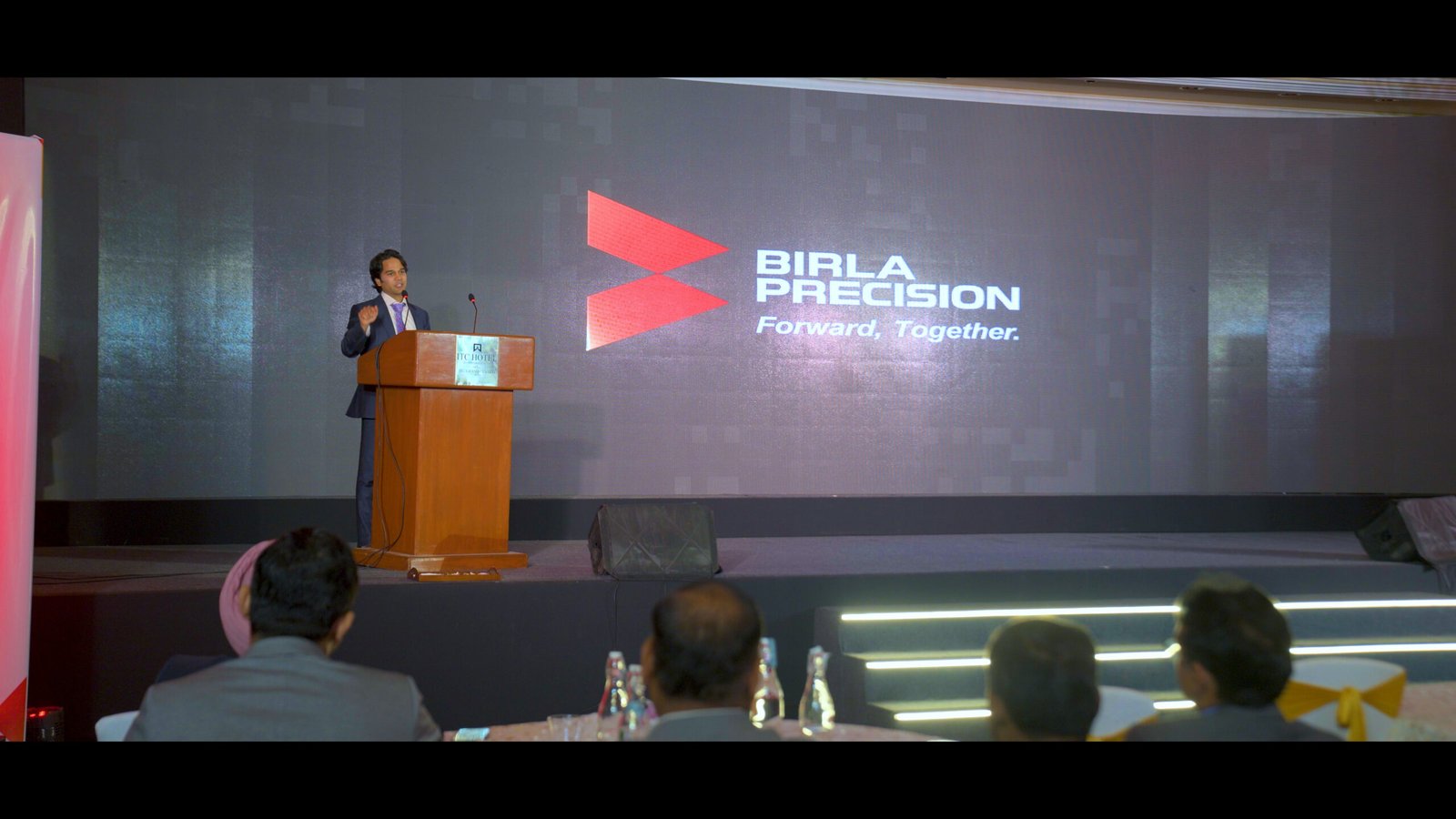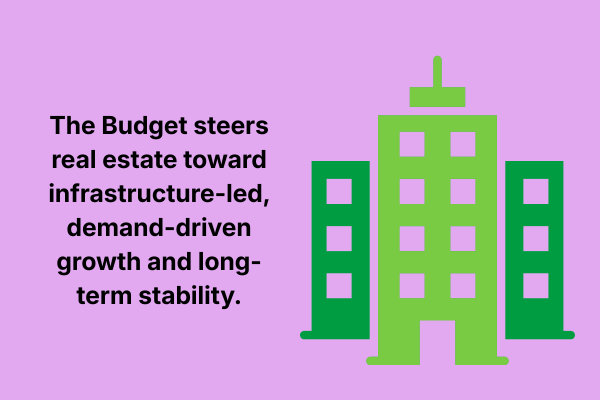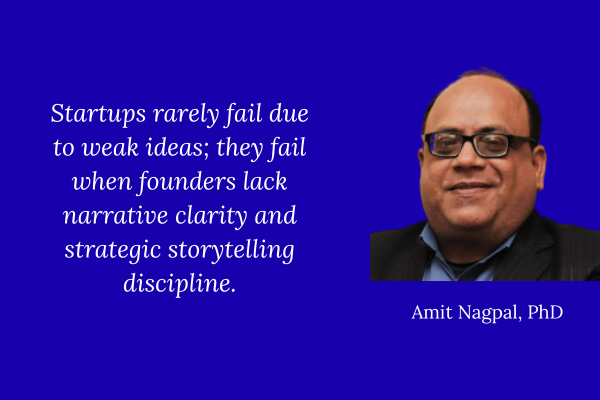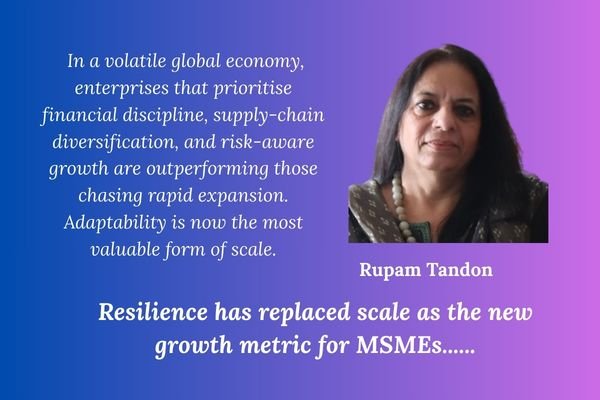Sandeep Dhingra, Strategic CFO & Business Leader, highlights how India's MSMEs are propelling economic decentralization and growth, making the nation the 4th largest economy. He stresses that integrating digitalization, sustainable practices, accessible finance, and targeted skilling is vital for empowering these resilient enterprises and securing India's prosperous future.
MSMEs have been instrumental in bringing economic activity to tier-2 and tier-3 cities as well as rural areas. They drive development by reducing unemployment, fostering gender equality, and providing opportunities for new businesses to grow. There is a pressing need to build an environment that encourages innovation within the MSME sector. Patent awareness and simplified IP registration processes should be implemented.
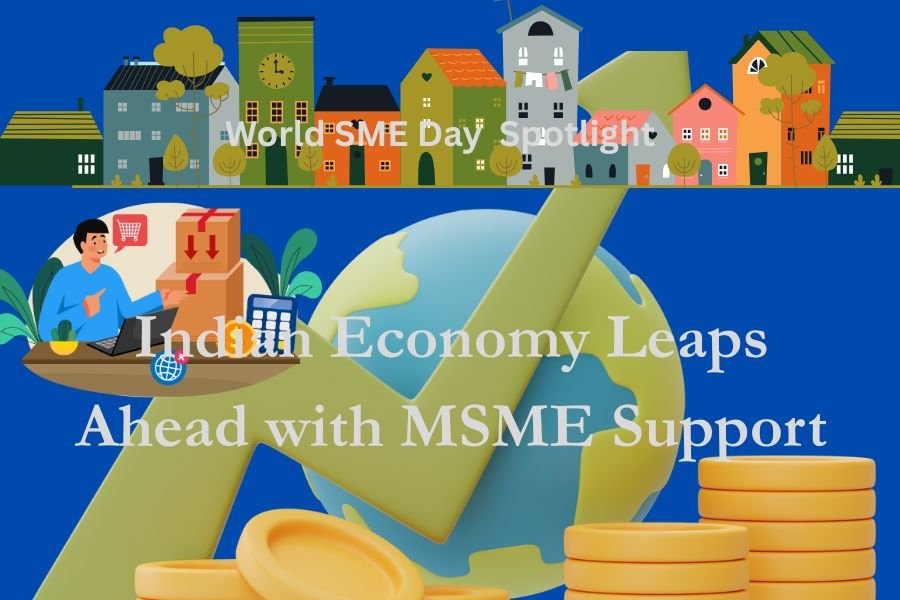
Decentralisation has the potential to fuel inclusive growth. MSMEs enable economic diversification, with over 50% located in rural or semi-urban areas. Key achievements include job creation across 740+ districts in India, frugal innovations (e.g., low-cost machinery, eco-packaging), and the rapid growth of women-led MSMEs—expanding at ~20% CAGR in some states—contributing to India’s rise from the 5th to the 4th largest economy in the world.
MSMEs play a vital role in the Indian economy, serving as a source of creativity and innovation. These initiatives are leading to the development of new products and services that bring exponential benefits to communities.
Notably, MSMEs have demonstrated remarkable resilience, especially in the aftermath of COVID-19, supply chain disruptions, and economic volatility. In my recent role leading finance for TransUnion’s Global Capability Centers across three continents—covering over USD 200 million in controllable spend—I observed how MSMEs act as shock absorbers during turbulent economic cycles. During COVID-19, although a majority of MSMEs reported losses, nearly half continued operations by adopting innovative approaches, including digitisation and environmentally friendly practices.
Post-COVID, Indian MSMEs have shown strong adaptability. However, long-term success requires resilience built on sustainable practices. A key piece of advice for upcoming MSMEs is to start small, optimise energy use, reduce waste, and seek green certifications or subsidies where available.
The sustainability agenda is gaining momentum: 18% of Indian MSMEs now report implementing energy-efficient practices. However, most still lack structured ESG policies, largely due to limited capital, training, and awareness.
Digital adoption among MSMEs has accelerated significantly, driven by UPI, e-commerce, GST implementation, and other government initiatives. Having implemented finance transformation at scale across multi-country GCC environments, I recognise digitalisation as a major enabler for MSMEs. India’s Udyam portal, TReDS platforms, cloud accounting, and UPI have redefined operational efficiency and market access. However, advancing to data-driven decision-making, cybersecurity preparedness, and platform-based scaling demands not just awareness but structured investment. I have steered such efforts in corporate settings, aligning finance strategy with technology rollouts.

Digitalisation has become the most significant enabler since 2020. Over 72% of MSMEs now use digital payment systems (e.g., UPI, Paytm), and more than 6.4 crore MSMEs have registered on the Udyam portal. Platforms like the Trade Receivables Discounting System (TReDS) and ONDC are democratising access to finance and markets.
There is a strong need to improve digital literacy and awareness to mitigate cybersecurity vulnerabilities, with a strategic focus on digitising manual processes wherever possible. Digital tools can level the playing field. MSMEs should start with UPI for payments, adopt cloud-based accounting systems, and register on platforms like Udyam, GeM, or ONDC. To scale sustainably, MSMEs must transition from “digitisation” to “digital maturity” through structured adoption roadmaps.
Access to finance remains one of the most persistent challenges for MSMEs. My experience in raising capital and optimising treasury for global entities confirms that MSMEs face structural credit constraints, such as collateral demands, fragmented credit histories, and delayed payments.
Despite initiatives like CGTMSE, Mudra loans, and SIDBI support, many MSMEs still rely on informal sources of funding. Investment in long-term growth is often hindered by cash flow pressures, payment delays, and a lack of investor confidence. MSMEs receive a disproportionately small share of total bank credit, despite their significant contributions to GDP and exports.
Cash is the lifeblood of any business. MSMEs, too, need robust support to commence and sustain operations. Capital for long-term growth and working capital for day-to-day needs are often constrained due to limited availability from formal funding channels, including government or venture capital sources.
Policy support such as CGTMSE, PMEGP, and the Factoring Regulation Act has improved access to formal credit. However, adoption remains low due to cumbersome paperwork, collateral requirements, and low awareness.
With over 27.8 crore jobs, MSMEs are India’s second-largest employer after agriculture. Spread across 6.4 crore enterprises, they play a crucial role in absorbing semi-skilled and unskilled labour.
MSME teams must blend traditional craftsmanship with digital, quality, and analytical skills. Skill development is inherent to MSMEs due to the hands-on, multi-tasking nature of work. Required skills include digital and financial literacy, quality assurance, lean operations, marketing, and customer service. Around 80% of training is still on-the-job due to skill mismatches, informal training practices, weak industry-academia interfaces, and limited access to formal skilling platforms. MSMEs need an ecosystem that supports industry-aligned skilling, mentorship programmes, and micro-certifications.
Initiatives like Skill India, PMKVY, and industry cluster skilling models aim to address this gap, but scaling and aligning these programmes with actual MSME needs remains a challenge.
MSMEs expect:
- Timely disbursal of loans with simplified documentation
- Speedy payment enforcement from buyers and government
- A unified portal for all schemes and grievance redressal
- Real-time, region-specific mentorship and handholding
India has a fairly comprehensive MSME policy stack:
- Udyam Registration (free, online, Aadhaar-linked)
- CGTMSE for collateral-free loans
- SIDBI, NSIC, KVIC for financial and non-financial aid
- ZED (Zero Defect Zero Effect) for quality and sustainability
- Digital MSME, SAMADHAAN, TReDS, and GeM platforms
In my view, building sustainable, digitally empowered, and skill-rich, finance-led ecosystems requires more than schemes—it demands strategic orchestration across policy, finance, governance, and human capital. Indian MSMEs are resilient and full of potential, but unlocking the next level requires a focused mindset—integrating finance, strategy, technology, people development, and risk mitigation in harmony.
Author Profile
- Sandeep Dhingra is a Strategic CFO and Business Leader. He can be reached at sd@sandeepdhingra.com
Latest entries
 FEATURED27 June 2025Indian Economy Leaps with MSME Support
FEATURED27 June 2025Indian Economy Leaps with MSME Support
